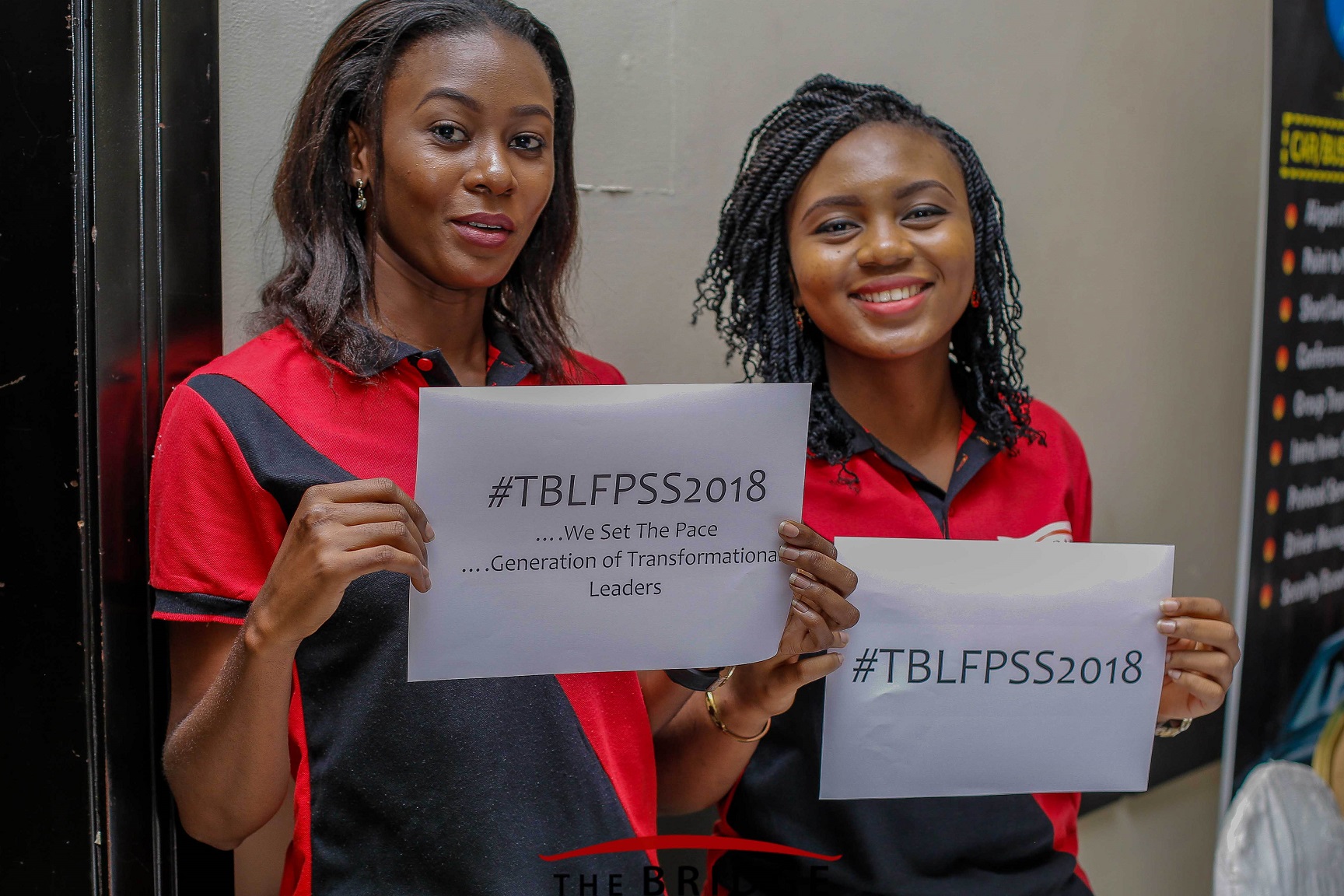 The knowledge of the tiers of government and their different duties are of importance in order to hold them accountable. The work of the Nigerian government is divided into three levels: The local, state and federal governments. All of which in the books are autonomous but in reality are dependent of on the federal government. The worst of all are the local governments who in countless times are puppets of the state government.
The knowledge of the tiers of government and their different duties are of importance in order to hold them accountable. The work of the Nigerian government is divided into three levels: The local, state and federal governments. All of which in the books are autonomous but in reality are dependent of on the federal government. The worst of all are the local governments who in countless times are puppets of the state government.
In the local government level, the local government council oversees each Local Government Area (LGA). The local government is responsible for things like:
- Construction and maintenance of roads and streets; street lights and drains;
- Registration of births, deaths and marriages
- Establishment, maintenance and regulation of markets, motorparks and public conveniences
In the state government level, a state has three branches – executive, legal and judiciary. A state’s residents are governed by a Governor who executes laws made by the state’s House of Assembly. The role of government at the state level, in collaboration with the local government, is to maintain:
- health services,
- primary, vocational and adult education
- basic infrastructure like state roads.
The state government as well has some responsibilities which it shares with the federal government which includes:
- Facilitating industrial, commercial and agricultural development
- Facilitating developments in university and post-primary education
- Maintaining law & order and guaranteeing public safety and security.
The federal government is Nigeria’s highest body in charge of running the country. It is also divided into three branches, just like the state government. It is worthy to note that these three branches that these governments are divided into are as well called organs of government. These branches include:
- The Executive
This branch consists of the President, Vice-President and Ministers, who are subject to the provisions of laws made by the National Assembly.
- The Judiciary
This branch sustains the mandates of the Constitution and resolves disputes generally according to the dictates of the law. The branch works via a court system and has three main divisions:
- The Supreme Court which is the highest court of appeal on all matters. It consists of the Chief Justice of Nigeria and Justices appointed to the Supreme Court.
- The Court of Appeal which consists of the President and the Justices of the Court of Appeal among which at least three (3) must be learned in Islamic Law and three (3) in Customary Law. It has exclusive jurisdiction to hear and determine appeals from the:
- High Court of the Federal Capital Territory
- State High Court
- Sharia Court of Appeal
- Customary Court of Appeal
- National Industrial Court
- A court-martial or other tribunals prescribed by an act of the National Assembly
- The Federal High Court has exclusive jurisdiction in civil cases and matters relating to the revenue of the Government of the Federation such as taxation, customs and excise duties, banking, copyright, admiralty, citizenship, etc
- The Legislature
This organ of government made up of the National Assembly comprises of the Senate and House of Representatives. The National Assembly plays 5 major roles:
- Lawmaking – They make laws that promote peace, order and good government
- Representation – The elected officials represent their constituencies at the National Assembly
- Appropriation – They pass the country’s annual budget
- Oversight – They ensure the executive arm of government is delivering on projects monies have been appropriated for.
- Consent – They give approval to nominated candidates of high level appointments such as Ministers, Central Bank Governor, EFCC Chairman etc.
The working knowledge of the different duties of these tiers and organs of government equips you with the ability to analyze and assess work being done in your environment and to know who to hold accountable when certain projects or policies are not in place. It is high time we held our governments to optimum accountability to realize the Nigeria we all dream of.


